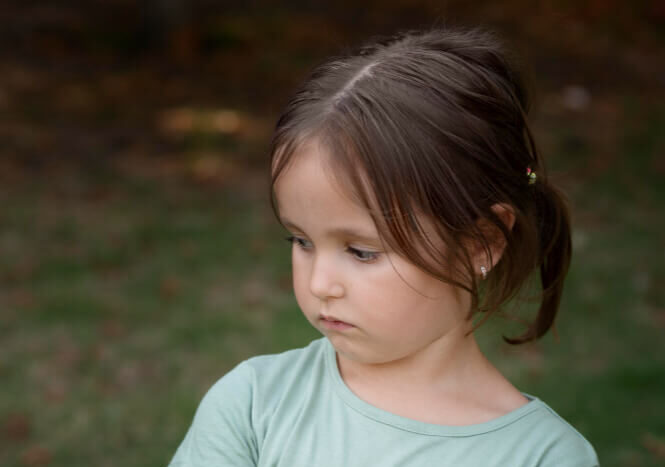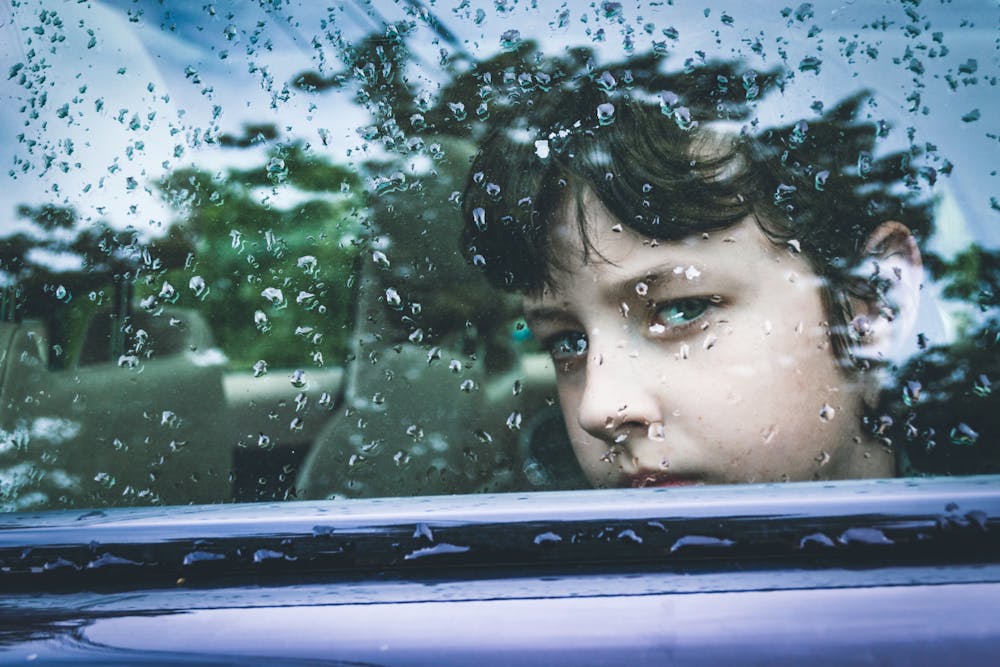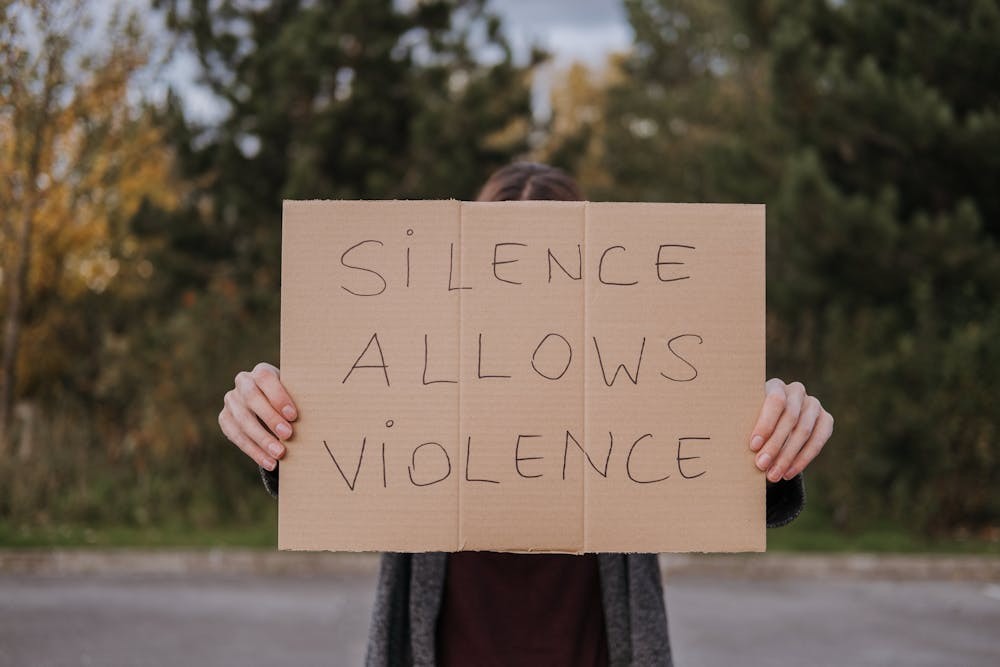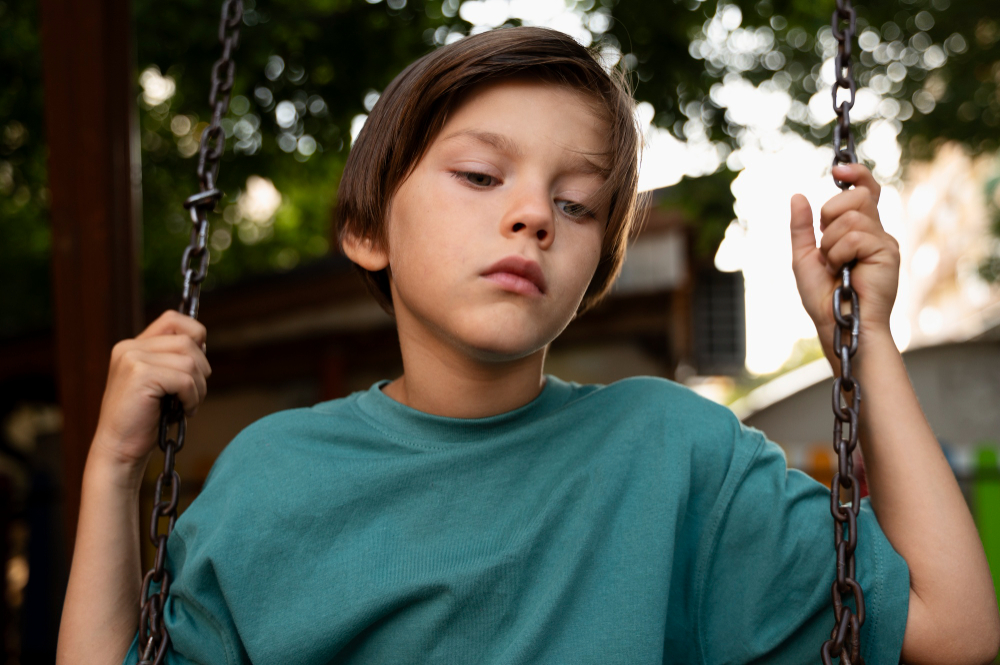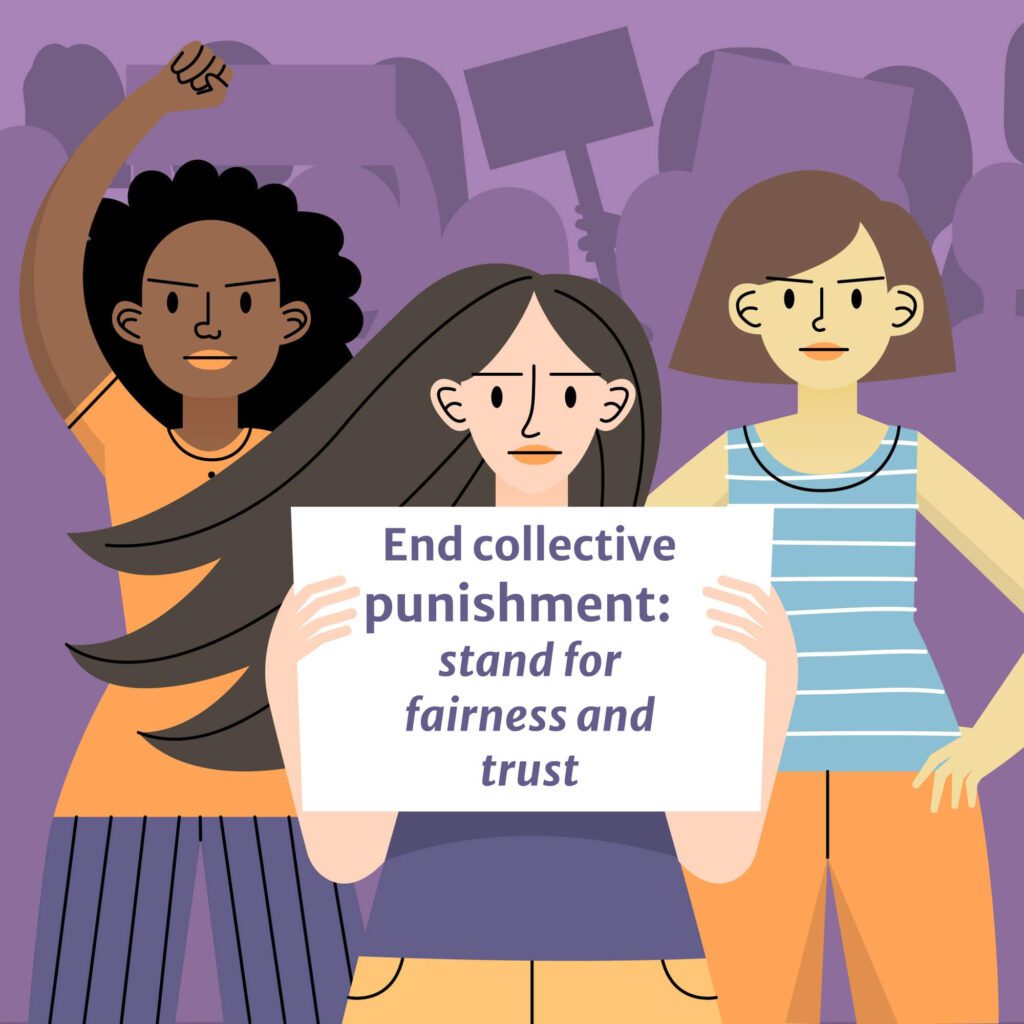
BCEdAccess
BCEdAccess is one of the most vital and principled forces for disability justice in British Columbia’s education landscape. A grassroots collective led by parents, self‑advocates, and allies, it has transformed private grief and frustration into public clarity, using research, testimony, and policy advocacy to expose structural exclusion and advance meaningful inclusion for students with disabilities. The organisation’s work exemplifies citational care—it grounds every argument in lived experience and invites collaboration across communities, educators, and legislators. Their surveys, submissions, and campaigns have become an essential record of how policy decisions reverberate through children’s daily lives, combining moral courage with technical rigour. BCEdAccess demonstrates what collective expertise looks like: evidence held in community, mobilised with love, and wielded toward systemic transformation.
-
The ethics of counting crisis
I have been packing boxes between paragraphs, writing this series while selling my home—a process shaped by exclusion and the loss of stability that followed my children’s experiences in the Vancouver School District. I approach this work from a lifelong love of data and technology, aware that the same tools I value can create harm…
-
BCEdAccess on Room Clear Tracker
The BCEdAccess post about the Surrey classroom-clear tracker is a dire and necessary warning. Parents are raising concerns that come from lived experience, not abstract theory. They have seen how data about vulnerable children, even when anonymised, can expose them to harm. Their argument is simple: tools meant to improve safety can easily become tools…
-
Counting crisis: data, distrust, and the false choice between safety and inclusion
Across British Columbia, the launch of Surrey DPAC’s Room Clear Tracker has ignited a storm of debate among parents, educators, and disability advocates. Some view it as a necessary step toward transparency; others fear it will reinforce stigma or justify segregation. Beneath the surface of this argument runs a deeper fracture—between those who seek safety…
-
Controversy over Room Clear Tracker
When we first shared the launch of Surrey’s Room Clear Tracker, we saw it as a potential step toward long-overdue transparency. For many families, including my own, the absence of data about classroom evacuations has preserved the illusion of safety while concealing the scale of harm. The idea that someone, finally, was counting felt like…
-
After Moore: why winning didn’t fix public education
When the Supreme Court of Canada ruled in favour of Jeffrey Moore and his family in 2012, affirming that meaningful access to public education was not a luxury but a legal right for disabled students, it seemed as though the tide had turned. The Court’s decision, rooted in the BC Human Rights Code and later…
-
No accidents left to excuse
When I first read the Canary Collective’s Systemic Abuse in Education: Breaking the Cycle and Kim Block’s companion essay Is this Systemic Oppression or Systemic Abuse?, I did not feel revelation so much as recognition. I have called what happens to disabled and neurodivergent children in British Columbia’s schools abuse for years, because the word fits the scale…
-
Bearing witness to truth
Every once in a while, a piece of writing crystallises what thousands of parents have been living for years — the quiet collapse of public education as a place of belonging for disabled children. Kim Block, Chair of BCEdAccess, has written such a piece. Her essay, published on October 18, 2025 and reprinted by the…
-
Still Left Out: a must read for exhausted parents, furious caregivers, and anyone surviving the system
if you’ve ever felt gaslit by the system with all the false positivity and lip service and you want to read something that validate your concerns, Still Left Out: Children and Youth with Disabilities in B.C.—published in 2023 by the Representative for Children and Youth is among the most searing, clear-eyed, and useful reports in…
-
Shattered pathways of parent advocacy in BC’s public schools
It’s time to riot in the streets. We have tried everything else and our children are still being hurt. The existing systems of appeal and escalation are ineffective, more focused on preserving the institution than delivering justice. It’s time to end the engineered scarcity in our public education system. The maze of ineffective complaint avenues…
-
Compliance discourse vs. disability justice in BC’s education system
Official VSB documents reveal an emphasis on student compliance and disciplinary consequences, with little mention of disability accommodations. For example, the VSB’s District Code of Conduct underscores “a fair and consistent range of consequences, including suspension and change in educational programming, for student misconduct” media.vsb.bc.ca. The Code enumerates expected student behaviours and infractions (e.g. attending regularly,…
-
Non-coercive, trauma-informed alternatives to PBS/ABA in BC schools
Positive Behaviour Support (PBS) and Applied Behaviour Analysis (ABA) are behaviourist approaches widely used in schools to manage student behaviour. However, a growing chorus of neurodivergent advocates, educators, and researchers highlight that these methods often prioritise compliance and “normalising” behaviour over student well-being rcpsych.ac.uk. By focusing on making neurodivergent children appear neurotypical (meeting neuronormative standards), traditional PBS/ABA can…
-
The right amount of agony in BC schools
After watching my children endure eight years of institutional failure, eight years of exclusion disguised as discipline and support withheld under the language of inclusion, I have come to several conclusions. Certain forms of suffering—like being agonised inside—do not draw support because they do not disrupt the adult’s flow, do not demand intervention with noise…
-
Tell the Ministry: end collective punishment in BC schools
BCEdAccess recently reminded us that if families don’t speak up, the system assumes everything is fine. Writing letters to the Ministry of Education and Child Care is one way we can make our children’s experiences count—especially when those experiences involve exclusion, loss of support, or group-based discipline that punishes kids for behaviours linked to unmet…
-
What would it really cost to fix the problem?
We talk so much about the cost of inclusion—as if it’s indulgent, optional, something that must be justified—but we rarely talk about the cost of exclusion. And those costs are everywhere: in emergency rooms, in overburdened case files, in classrooms where distress goes unseen. When schools can’t support disabled students, families fall apart trying to…
-
Right to no discrimination
Every child has the right to learn and belong at school without being treated unfairly because of who they are. In British Columbia (B.C.), this Right to No Discrimination means public schools must welcome all students on equal terms, regardless of their race, Indigeneity, colour, ancestry, place of birth, religion, family background, sex, sexual orientation, gender identity, disability,…
-
Collective punishment: a focal point of injustice
Collective punishment, the practice of disciplining a whole group for the misdeeds of one or a few, is widely recognised as unjust and counterproductive. Children know it’s wrong Even children intuitively grasp its unfairness. In one famous case, an 11-year-old student in the UK bluntly told her teacher that “collective punishment… is not fair on the…
-
Few of us remain our best selves in a room starved of air
If you are a parent of a neurodivergent child, you can recite the script before the phone even buzzes. “[Child] had a very good day and really showed leadership with the younger kids” Pause. “But in the afternoon [Child] had some unexpected behaviour. [Child] is waiting at the office.” Praise is meant to help us feel that…






